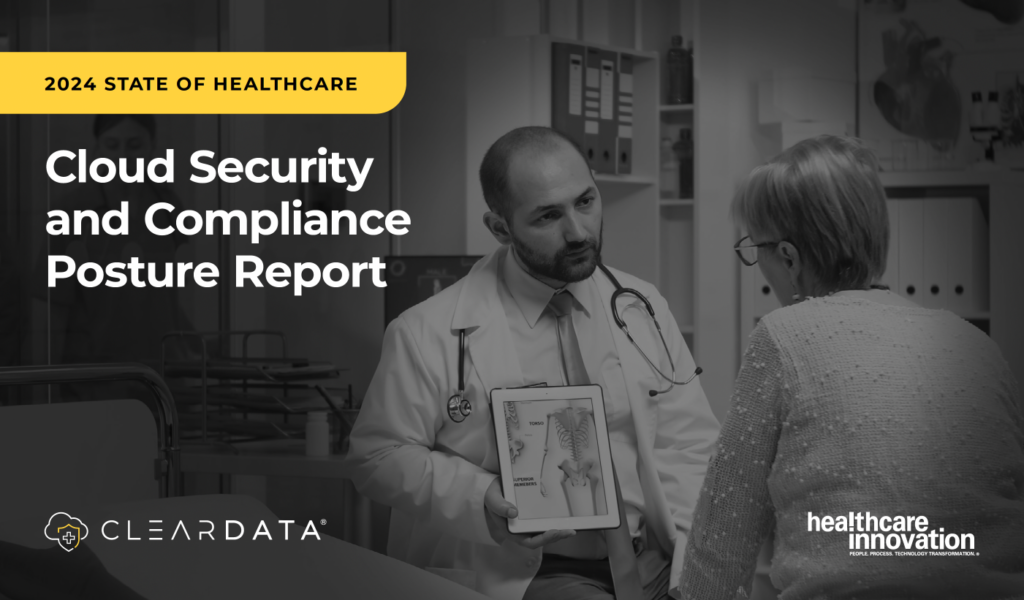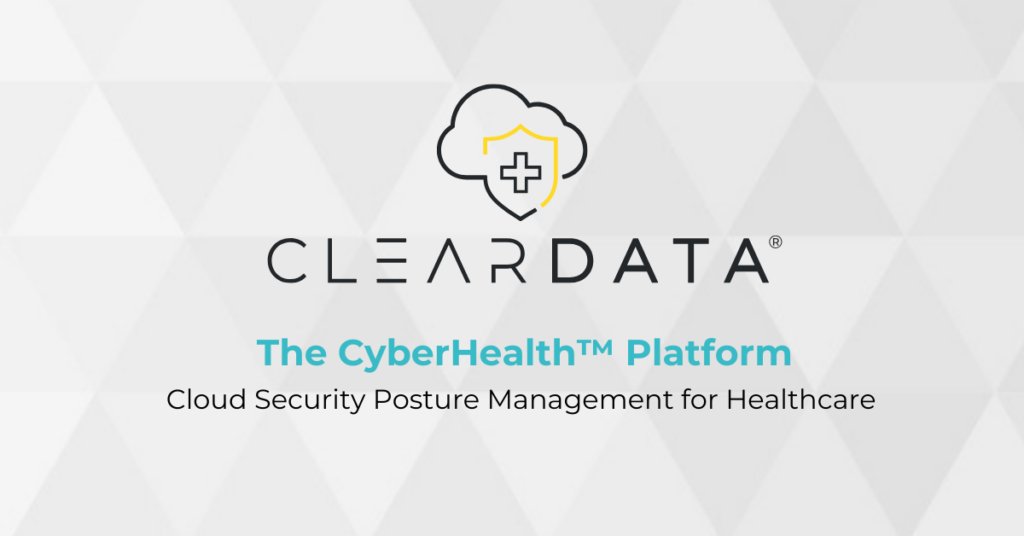Why HITRUST Matters in the Digital Healthcare Age
As healthcare leaders, safeguarding patient information is more than just a compliance task—it’s your urgent and moral responsibility. Healthcare data breaches continue to pose substantial risks to sensitive healthcare data, further eroding patient trust and leading to significant financial penalties for healthcare organizations.
What is HITRUST?
As the gold standard in healthcare data security and compliance, HITRUST compliance offers a comprehensive framework for managing compliance and risk, ensuring that patient information remains confidential, secure, and protected.
HITRUST vs. HIPAA
| HIPAA Security Rule | The HIPAA Security Rule establishes national standards to protect electronic personal health information. Found at 45 CFR Part 160 and Subparts A and C of Part 164, this rule requires appropriate administrative, physical, and technical safeguards to ensure the confidentiality, integrity, and security of electronic protected health information. |
| HITRUST | The HITRUST Common Security Framework (CSF) provides a comprehensive certification that incorporates various standards, including HIPAA and NIST, to ensure consistent data protection measures. |
Essentially, HIPAA sets the legal requirements, while HITRUST provides a comprehensive framework for organizations to demonstrate compliance with those requirements and demonstration of other relevant standards.
The Strategic Importance of HITRUST Compliance
HITRUST is more than a badge of honor—it’s a strategic designation for your healthcare organization. The rigorous certification process involves stringent evaluations, guaranteeing that only those with the most robust protection standards achieve this status. By working with HITRUST-certified vendors, you gain peace of mind knowing your partners are equally committed to data security. This not only puts you ahead in compliance but also demonstrates to your stakeholders a solid commitment to protecting sensitive patient information.

Understanding the distinctions between the different certification levels is important. These certification levels—e1, i1, and r2—can help organizations align their cybersecurity efforts with their specific needs and regulatory requirements. Let’s take a look at them below:
e1 Certification: Entry-Level Assurance
The e1 certification is often considered the entry point into the realm of cybersecurity certifications. It offers a foundational level of assurance, covering basic security measures and protocols. Organizations pursuing the e1 certification are typically at the beginning of their cybersecurity journey, aiming to establish a baseline of security controls. This level is less rigorous compared to higher-tier certifications, making it accessible for smaller organizations or those new to implementing formal security frameworks.
i1 Certification: Intermediate Assurance
Stepping up from e1, the i1 certification represents an intermediate level of cybersecurity assurance. It encompasses a broader range of security practices and requires more stringent adherence to security protocols. Organizations achieving the i1 certification demonstrate a more robust commitment to cybersecurity, often incorporating more advanced security measures and regular assessments to maintain compliance. This level is suitable for organizations with more mature security programs looking to enhance their security posture further.
r2 Certification: Highest Level of Assurance
At the pinnacle of cybersecurity certifications is the r2 certification, which is the most rigorous among the three. Achieving r2 certification signifies that an organization has implemented comprehensive and advanced security controls, addressing a wide array of potential threats and vulnerabilities. The r2 certification involves extensive assessments, regular audits, and continuous monitoring to ensure the highest level of security assurance. Organizations with r2 certification are typically those with the most stringent security requirements, often in highly regulated industries where security breaches could have severe consequences.
Optimize Efficiency With HITRUST Inheritance
Efficient healthcare operations are vital, and participating in the HITRUST Shared Responsibility and Inheritance Program provides a significant advantage to achieving and maintaining your certification. By leveraging certified controls from an authorized service provider, your organization can expedite its certification process, saving time, reducing redundancy, and lowering assessment costs. HITRUST Inheritance allows for smarter and faster compliance, enhancing security measures without compromise.
HITRUST Assessments
Understanding the depth of HITRUST assessments is essential for maintaining the highest standards of data security and regulatory compliance. HITRUST provides two assessment types: self-assessments and validated assessments.
- Self-assessments: Allow your organization to internally evaluate compliance with the HITRUST CSF controls, identifying areas needing improvement before a formal external review.
- Validated assessments: Conducted by HITRUST-approved third-party assessors, these assessments offer an objective, thorough evaluation of your security protocols and practices, leading to official HITRUST certification.
A dual-layered approach helps healthcare organizations establish and maintain comprehensive risk management and information assurance programs, building resilience against cyber threats and potential data breaches. Further, HCOs demonstrate robust information security management practices, which is vital for protecting patient data.

Financial Benefits of HITRUST
Data breaches are not just security concerns. Breaches can lead to significant financial penalties, mandatory corrective action plans, and, most critically, jeopardize patient safety by exposing sensitive data. Partnering with HITRUST-certified vendors can significantly mitigate these risks. HITRUST certification serves as concrete evidence of a robust commitment to data protection, reducing the financial fallout from potential breaches. In this light, investing in HITRUST is not just about security—it can signal prudent financial management and protection of your organization’s bottom line and reputation.
Make Proactive Choices with HITUST
<p>Proactive cybersecurity is not optional—it’s crucial for protecting patient data. By choosing HITRUST-certified vendors and healthcare MSPs, healthcare leaders can ensure enhanced data security measures are in place that safeguard critical assets and business functions. This strategic decision builds a resilient and trustworthy healthcare ecosystem. In today’s digital healthcare age, HITRUST certification matters more than ever and remains crucial in ensuring commensurate technical security controls are implemented and effective, as part of a standardized information security management program.
From assessments to certification and inheritance, HITRUST is designed to demonstrate the highest standards of information security management. By holding vendors accountable and offering smarter, streamlined choices for healthcare organizations, HITRUST plays a pivotal role in protecting patient data and maintaining industry trust.
A Secure and Compliant Healthcare System
When evaluating potential vendors, consider more than just cost and service offerings—prioritize data security measures, based on recognized standards and certifications like HITRUST. This focus not only safeguards your organization but also underscores your unwavering commitment to the security and privacy of patient information. As technology advances and cyber threats become increasingly sophisticated, HITRUST remains an invaluable tool for developing and maintaining comprehensive risk management and information assurance programs, building resilience against cyber threats and potential data breaches, and demonstrating robust information security management practices.
Utilizing HITRUST-Certified Vendors
Choosing HITRUST-certified vendors ensures your hospital, clinic, or healthcare organization is equipped to meet evolving data security challenges head-on. Make HITRUST certification the standard within your organization. By doing so, you bolster efforts to protect patient information and sustain trust in your healthcare delivery.
The information security decisions you make today shape the future of patient safety. By opting for HITRUST-certified vendors, you elevate your organization’s commitment to excellence and demonstrate industry standards and best practices.
Discover how ClearDATA customers are leveraging HITRUST Inheritance to drive business growth and streamline compliance.
Moving Forward with HITRUST Certification
HITRUST doesn’t have to be stressful. ClearDATA is HITRUST CSF Certified and is an authorized HITRUST Shared Responsibility and Inheritance Program provider. The program enables ClearDATA to make their relevant assessment scores available for inheritance by participating organization’s completing their assessment.
Listen to our clients share how ClearDATA has supported them with HITRUST Inheritance. For more information about HITRUST Inheritance with ClearDATA, speak with a healthcare cybersecurity and compliance expert today.
For the most up-to-date information, always refer to the official HITRUST website.
FAQ
What is HITRUST and how does it benefit digital healthcare organizations?
HITRUST refers to the adherence to the Common Security Framework (CSF) developed by the Health Information Trust Alliance (HITRUST). This framework integrates various standards and regulations, including ISO, NIST, HIPAA, and GDPR, providing a comprehensive, certifiable standard for managing information security. For digital healthcare organizations, HITRUST ensures that they meet stringent security and privacy requirements, thereby reducing risk and enhancing their ability to protect sensitive health information. Benefits include improved security posture, enhanced reputation, and increased trust among patients and partners. By achieving HITRUST certification, organizations can demonstrate their commitment to safeguarding patient data, which is crucial in the highly regulated healthcare industry.
What steps should be included in a comprehensive HITRUST checklist?
A comprehensive HITRUST checklist should include several critical steps to ensure thorough preparation and adherence to the framework. Companies may want to consider working with a HITRYST assessor when undergoing a HITRUST assessment.
How do CSF controls play a role in achieving HITRUST certification?
CSF (Common Security Framework) controls are integral to achieving HITRUST certification as they provide the detailed requirements that organizations must implement to meet the certification standards. They ensure that organizations have comprehensive measures in place to protect sensitive data and comply with relevant regulations. The successful implementation and validation of the appropriate controls are critical steps in the HITRUST certification process, showcasing an organization’s commitment to maintaining high standards of security and privacy.
Can a company conduct their own HITRUST assessment?
Yes, however, a company cannot conduct its own HITRUST assessment if it aims to achieve HITRUST certification. A Validated Assessment is required, as part of the HITRUST certification process, which requires an independent, third-party evaluation to ensure objectivity and adherence to the standards. The Validated Assessment must be performed by a HITRUST Authorized External Assessor Organization. These assessors are trained and certified by HITRUST to perform Validated Assessments and to ensure the organization’s controls and processes meet the rigorous requirements of the HITRUST CSF.
A company can conduct a self-assessment using the HITRUST MyCSF tool to identify gaps and prepare for the formal assessment. This self-assessment helps organizations understand their current compliance status and address any deficiencies before engaging with an external assessor. This preparatory step is beneficial in ensuring a smoother and more successful certification process.
Unlock the power of a Healthcare Security and Compliance Expert Today.



